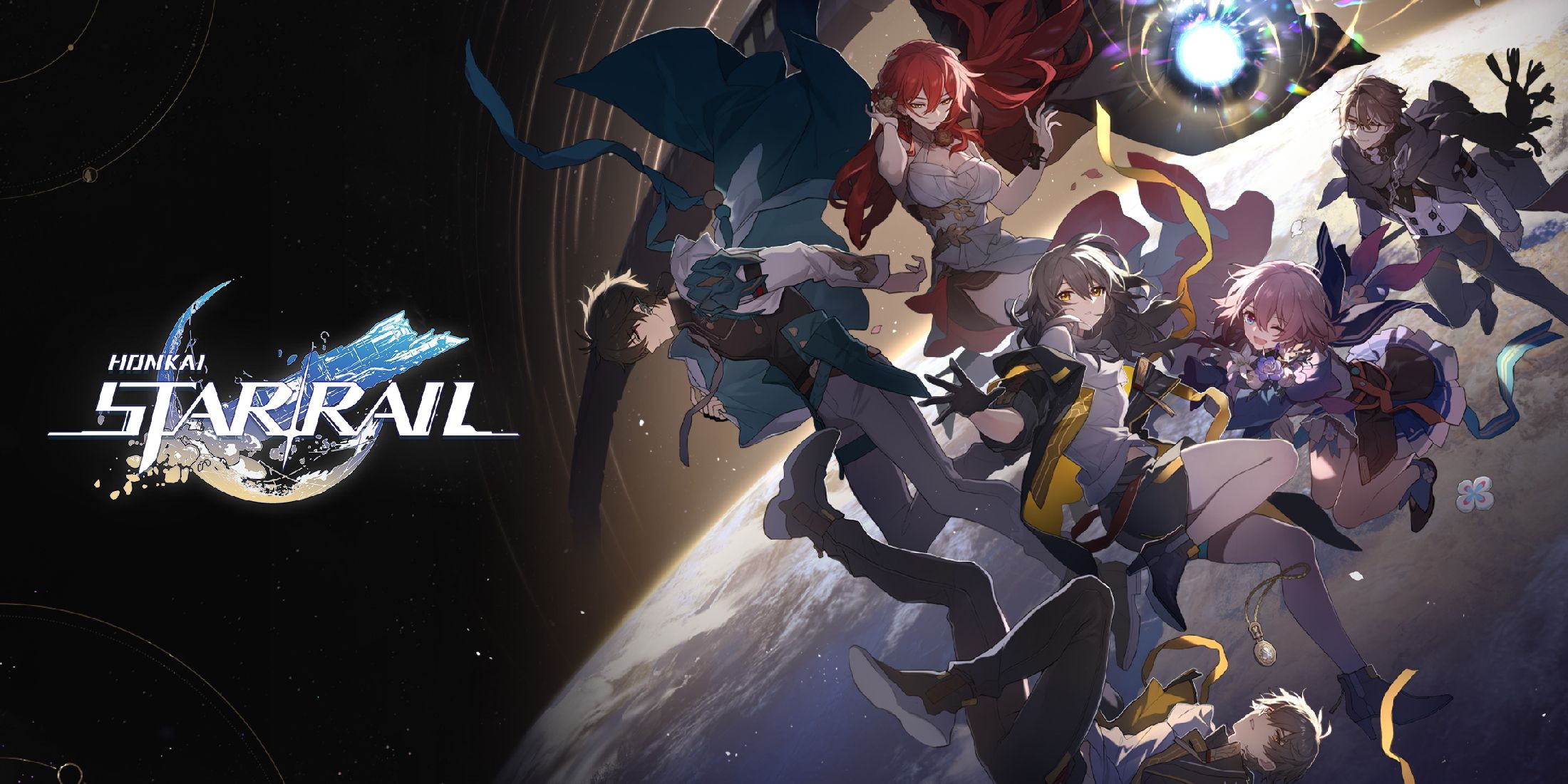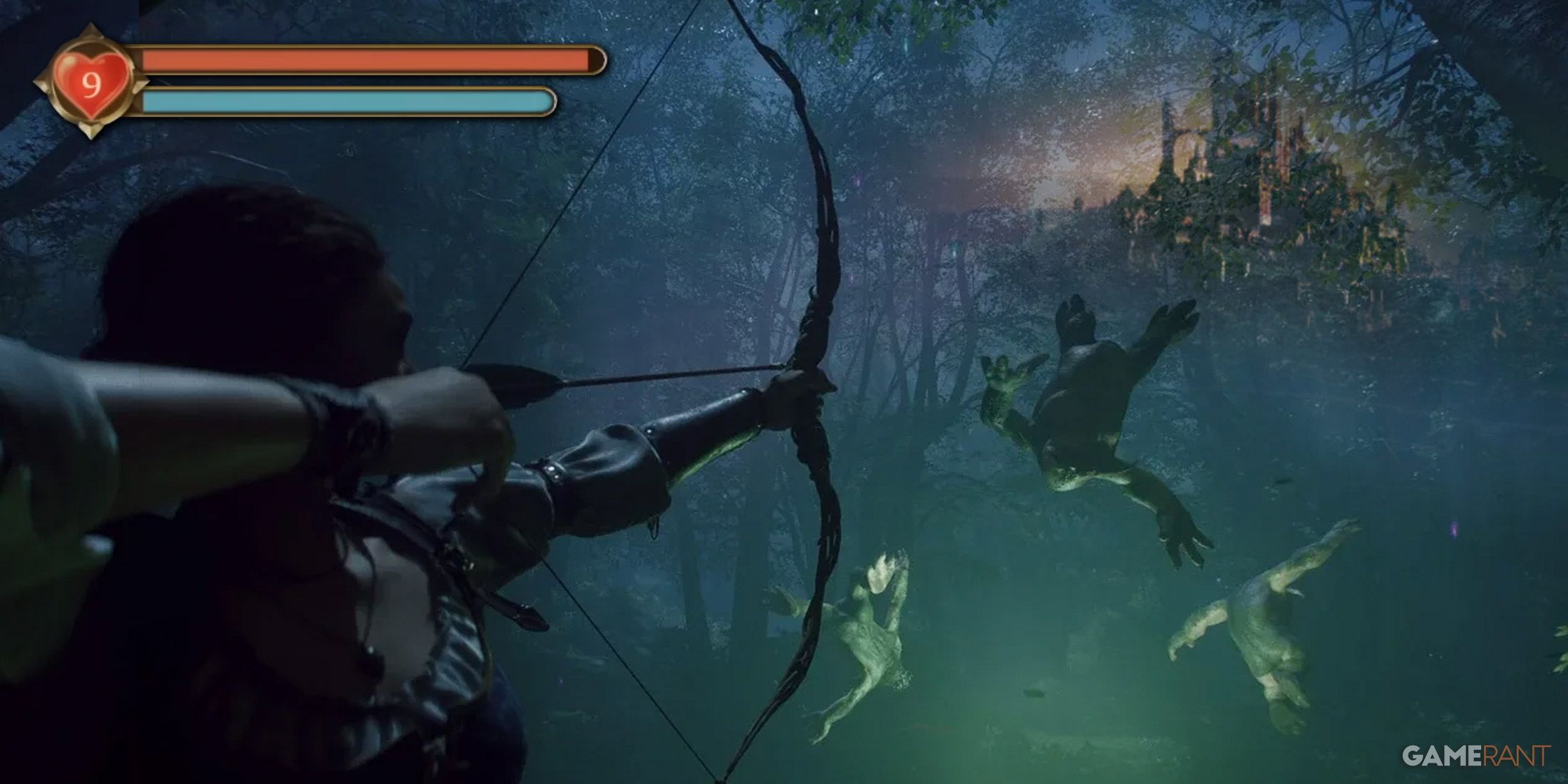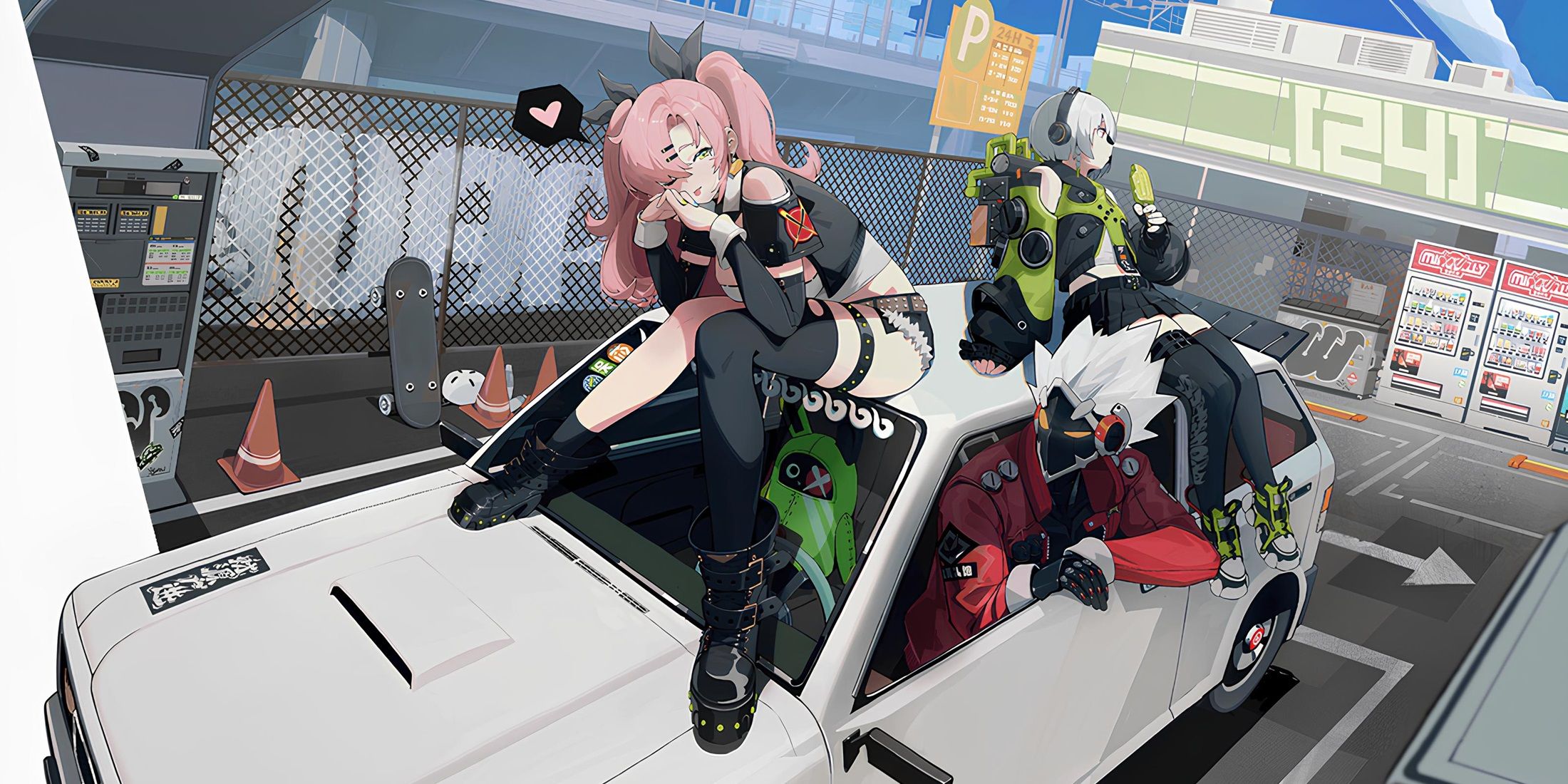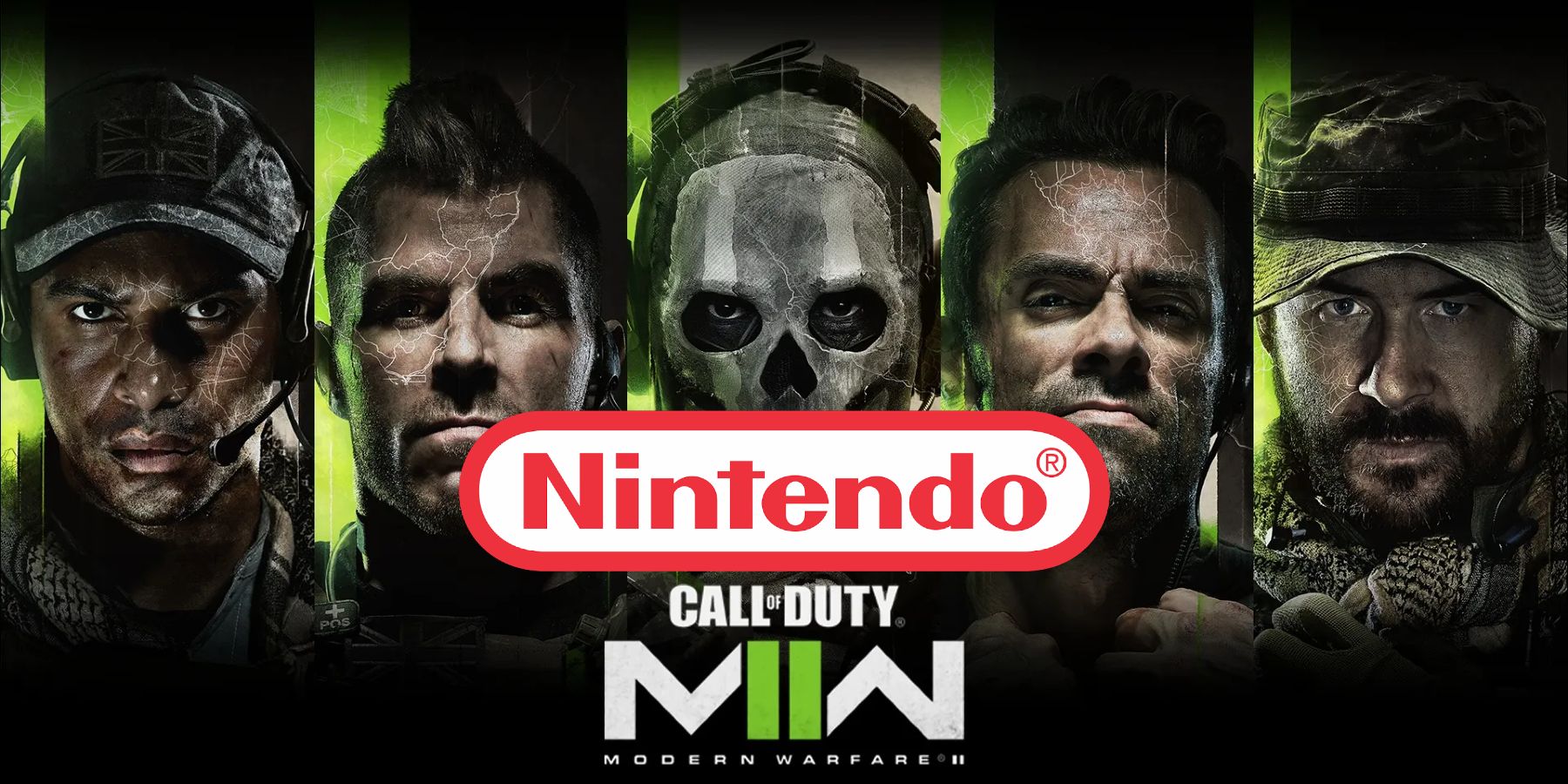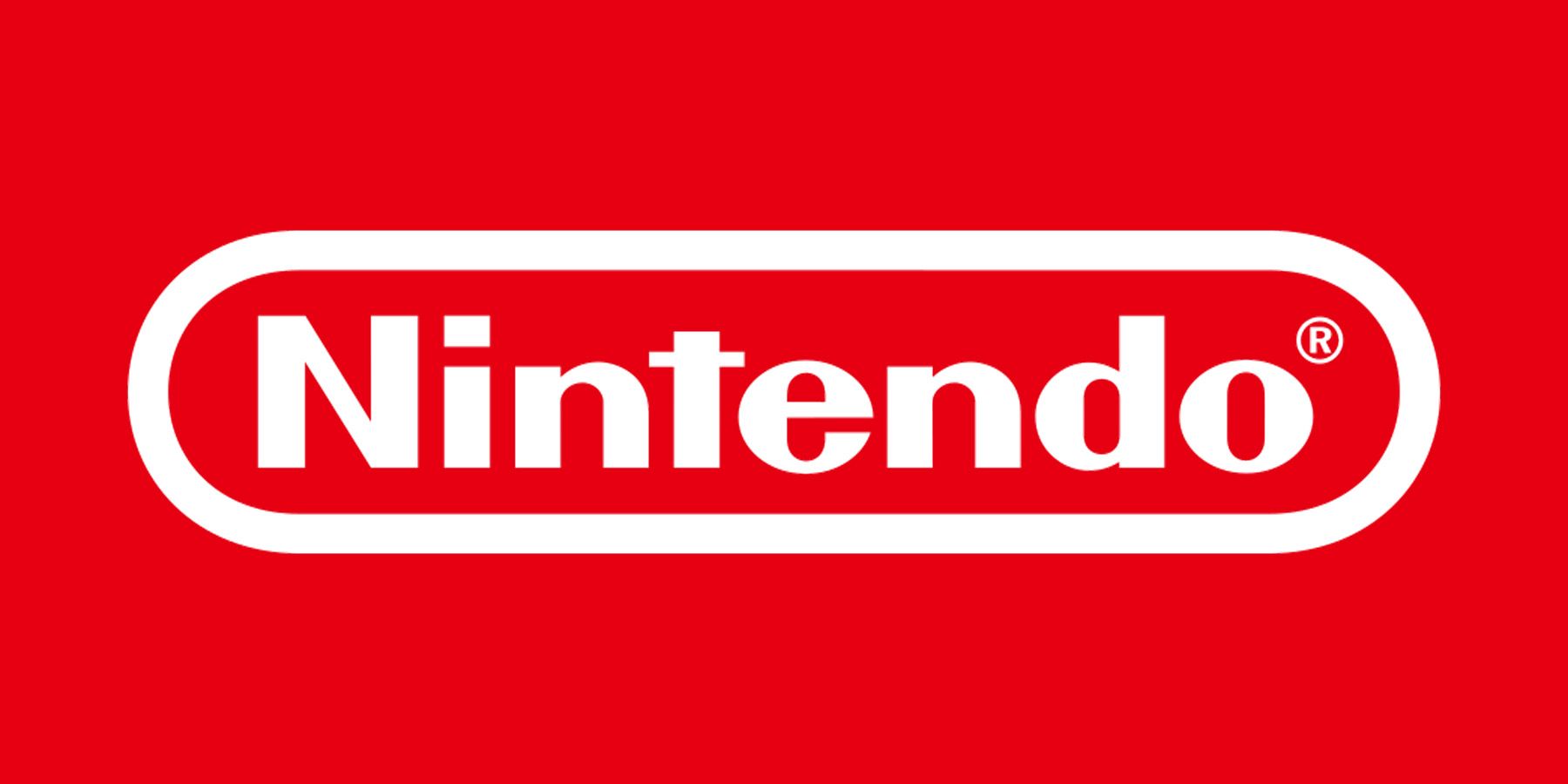The Call of Duty franchise is considered a titan of the first-person shooter genre, finding its roots in 2004. With its consistent annual releases and its exploration of real and fictional warfare, the IP seemingly has something to offer for all fans, and it's no surprise fans want some role in it, however loosely, as well.
With multiplayer being such a defining factor of Call of Duty, the vast majority of the franchise's fan base is centered around online play. Given the iconic nature of many past CoD multiplayer elements, it is no wonder that fan-made projects concerning its online modes were being developed. One of the largest fan-made Call of Duty games, SM2, was recently shut down at Activision's request. This has sparked outrage among the IP's community, as this sort of shut down is something more expected of Nintendo than Activision, but it's not good for any community regardless.
Activision's Shutdown of SM2
SM2 began work in 2021, with a group of developers aiming to curate the "dream" Call of Duty experience. The title was set to be a mod using the game engine of 2019's Modern Warfare, mixing and matching the best elements of past CoDs for the "perfect" multiplayer.
SM2 was set to feature over 100 customizable weapons, 24 perks, unique progression systems, and 40 of the most iconic Call of Duty maps. At its core, SM2 was trying to recapture the classic 6v6 feel of past Call of Duty games and had attracted many fans and notable content creators who were eager for its release. While the mod seemed like an attractive prospect for any CoD fan, there were obvious questions of legality that long plagued the project. These worries recently came to a head, with Activision issuing a cease and desist for SM2. This has essentially killed the project entirely, with any future development being forbidden. While it is perhaps understandable that Activision has taken action against SM2, there are many factors that have caused outrage.
For example, SM2 was set to be a free-to-play release, meaning there was no obvious revenue stream and the fan devs were not making any money off of Activision's IP. As well as this, the mod had been in solid development for two years, with all of this hard work being made redundant. Many feel like this decision from Activision should have been made much sooner, were it going to make it, with the cease and desist only furthering the gap between the company and its community.
Activision and Nintendo Comparisons
It would be an understatement to say Nintendo has released a huge range of iconic titles over the years. This has led to the same desire among fans to create their own projects using Nintendo IPs, but the company is notorious for its ruthless approach to these ventures.
There is a huge range of examples of Nintendo taking action against fan-made entities. As one example in the same vein as Activision and SM2, Nintendo famously shut down a fan-made remake of Metroid 2 in 2016. This approach has been repeated dozens of times over the years, with Nintendo developing a reputation for such behavior. While the issue of copyright and legality will always be at the forefront of this debate, many feel that certain fan-made projects should be given more leeway. Especially when there is no obvious form of monetization behind a project, concessions could be made.
The nature in which these projects are usually shut down only serves to strain the relationship between consumer and company. Many would argue there has to be a better way moving forward, but it's not certain if this is something that can really ever be acted on it. Any company shutting down a fan game is within its rights, after all. That doesn't make it less disappointing. Both Call of Duty and many Nintendo IPs are highly profitable and iconic, but the fan-made projects that results from this love need to be handled in a much more sensitive way.

